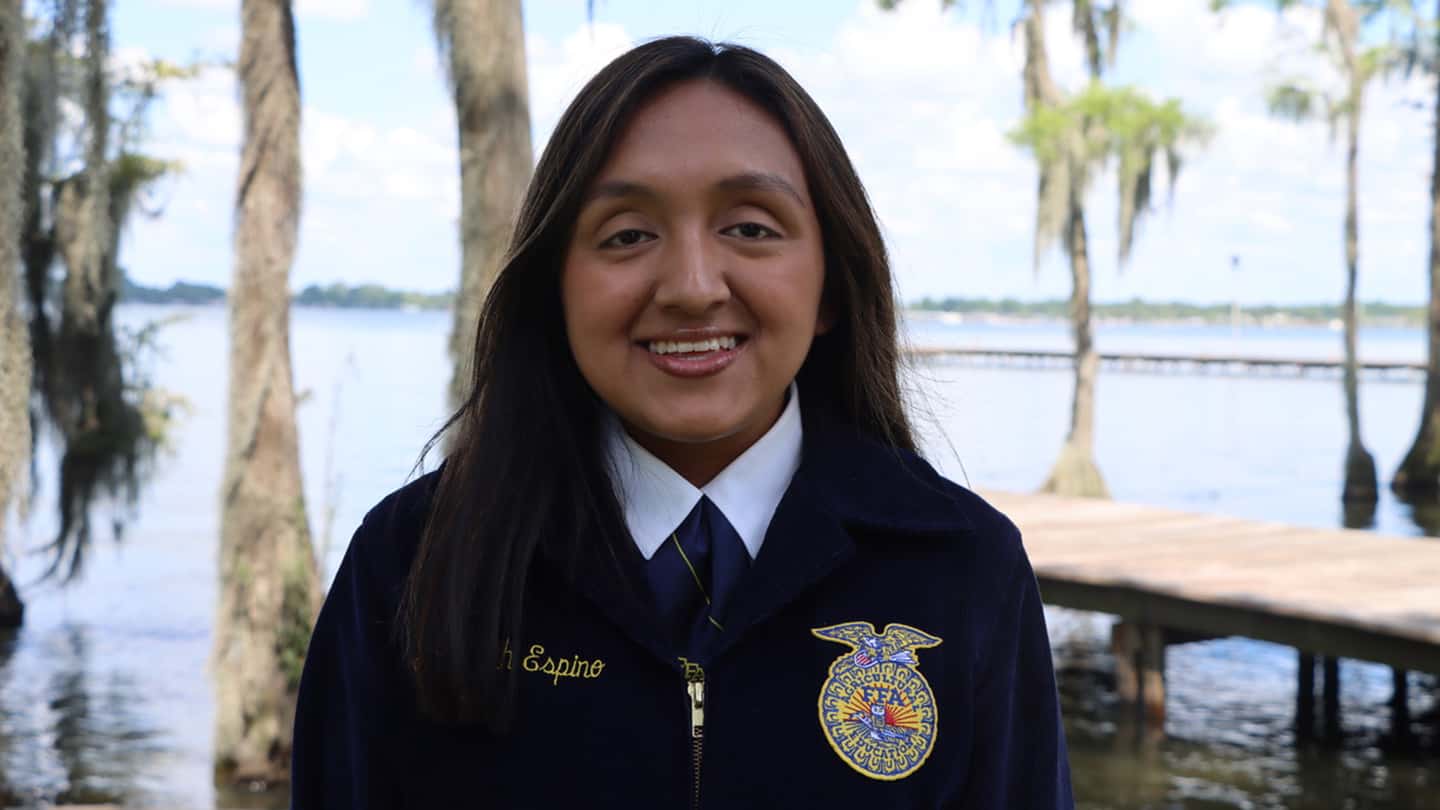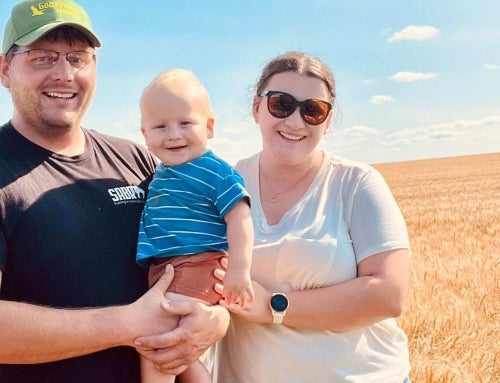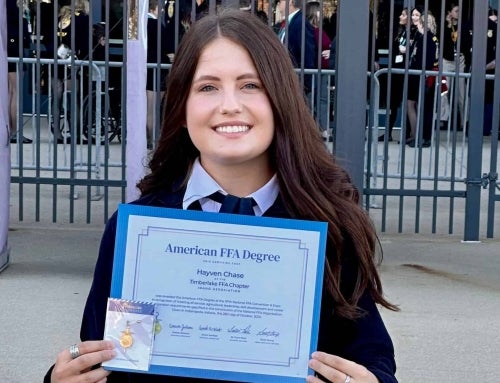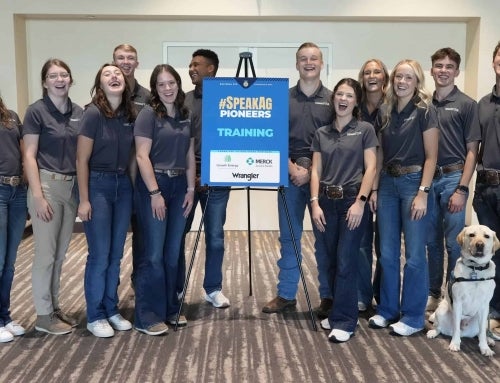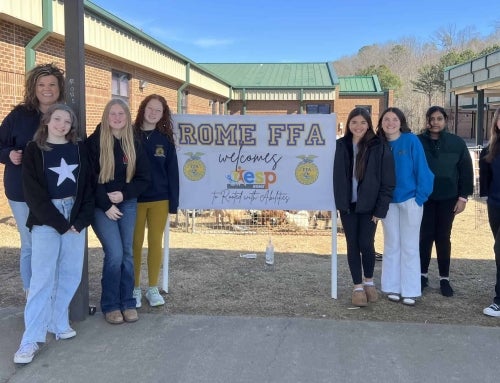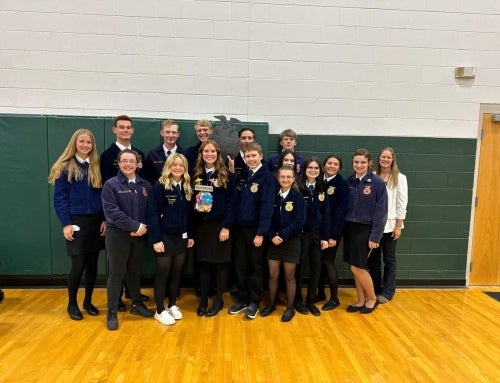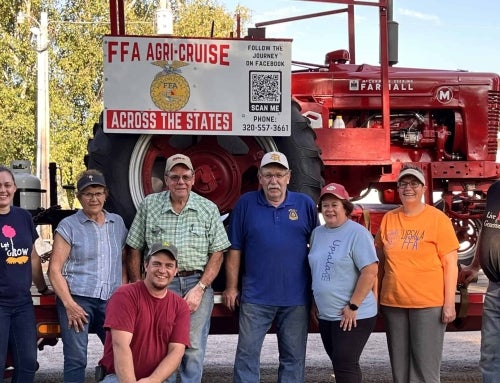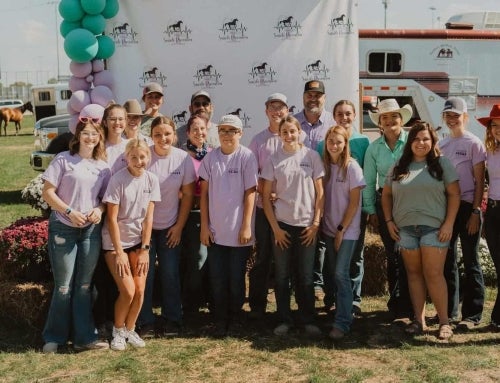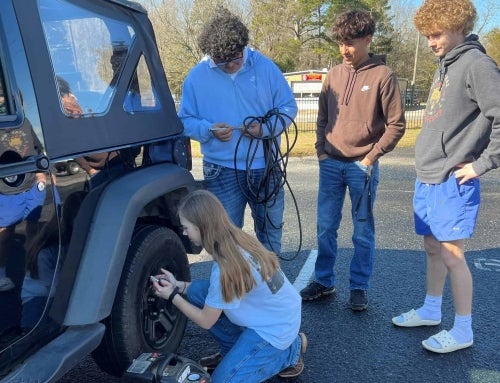When Elizabeth Espino signed up for agriscience classes — as required for career and technical education (CTE) credits at North Lenoir High School — she had no interest in agriculture. She admits she knew almost nothing about it despite growing up among tobacco, cotton and cornfields in La Grange, N.C.
“In our first class, my agriculture education teacher asked, ‘Does anybody know where their food comes from?’ I raised my hand and said, ‘Walmart,’ and he said, ‘No, your food does not come from Walmart.’”
As part of that classroom lesson, the teacher showed a movie through which Espino learned of the need for agriculture to find a way by 2050 to feed 9 billion people.
“My perspective on agriculture shifted after that,” she recalls.
Inspired by what she learned, Espino joined the North Lenoir FFA Chapter and began participating in career development events (CDEs) and attending state FFA conferences. She was elected chapter secretary during her junior year.
Although she developed a passion for agriculture, achieved success in FFA and had the support of her advisors, Espino, a first-generation Mexican-American, admits she didn’t always feel like she belonged.
“When your teachers are using their PowerPoint presentations to talk about FFA, you look at the pictures of all white students and think, ‘Is this club even for me?’” she recalls. “I never felt represented at the higher levels of FFA.”
Espino, the lone female and person of color on the chapter officer team and one of few Hispanic members in her chapter, wanted to boost representation in agriculture education and FFA. She recruited several Hispanic students to the North Lenoir FFA Chapter. In 2021, she was elected North Carolina FFA president, the first Hispanic FFA member to hold the position.
“Elizabeth does an exceptional job of sharing her unique experience with others in a way that allows students of different backgrounds to feel accepted and valued,” says North Carolina FFA coordinator Carmen Bracey. “Elizabeth opens the door for many to be able to see themselves in leadership positions, and that can make a lasting impact.”
Now a sophomore at North Carolina State University, Espino is majoring in agriculture education with a minor in agribusiness management. She continues promoting diversity in her role as North Carolina FFA president.
“Representation is key,” she says. “I have the responsibility and honor of representing over 24,000 FFA members, and such a small percentage of the membership is people of color. I want them to think, ‘If Elizabeth can do it, I can do it.’”

